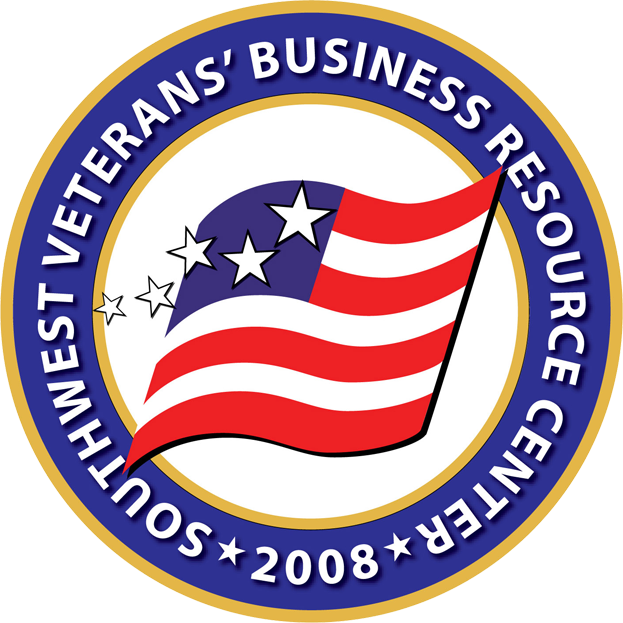Be Your Own Best Advocate
What does it mean to advocate for yourself?
Being your own advocate means that you ask
for what you need while respecting the needs
of others. For example, if you are at a store
and a clerk ignores you, you are able to ask
in a polite way to be served. Self-advocacy
is asking for what you need in a direct,
respectful manner.
Why is this skill important? Self-advocacy
helps you:
• Obtain what you need
• Make your own choices
• Learn to say no without feeling guilty
• Express disagreement respectfully
How to Advocate for Yourself
You become a self-advocate by taking the
initiative to ask directly and specifically
for what you need. When you ask, you are
polite. You listen to the other person’s response
without interrupting. You are patient,
knowing that change might take some time.
If you feel nothing
is changing despite your best attempts, you ask
for help from a parent, teacher, or other adult.
Here are a few ideas to help you advocate for
yourself. You may want to practice them with
a friend or family member.
1. Take a deep breath. Deep breathing gives
your body lots of oxygen, and oxygen helps
you feel calmer and think more clearly.
2. Think about what just happened. Before
you react to something someone said or did,
think about it a bit. Ask yourself questions
such as: “Did that person really mean to
bump into me, or was it just an accident?” or
“Is the clerk really ignoring me or is she just
very busy? Maybe I need to be more patient.”
3. Think about what you want to be different.
Before you talk to the other person, make sure
you know what you want to happen. Do you
want to be treated differently? Do you want
that person to stop doing something?
4. Speak clearly and slowly. Start by saying
something like, “I would like to talk with you
about…” and then calmly describe how you
see the situation.
5. Let the other person speak. Being a
self-advocate doesn’t mean that only you talk.
The other person needs a chance to respond
to what you are saying. If that person becomes
impatient, try to stay calm and take a deep
breath.
6. Don’t expect immediate results. Change is
not always instant or lasting. Sometimes it takes
many conversations with the other person
before anything changes. You may even have
to remind the person more than once.
7. Ask someone to help. There may be times
when you and the other person cannot agree
or the other person becomes unreasonable.
One of the best parts of being your own
advocate is that you don’t have to solve all the
problems on your own. You can and should
ask for help. Asking for help is also advocating
for yourself.
When to Advocate for Yourself
You may need to advocate for yourself
in many situations. Here are some times
when you might need to stand up for
your rights or make sure your voice is
heard. You may want to role-play these
and other scenarios with a family member
or friend:
• A substitute teacher hands out a test. You
have an accommodation to take your tests
in a quiet room, but the substitute does
not know this. How do you respond?
• Your bus arrives and someone you don’t
know offers to help you go up the steps
You don’t want to be rude, but you would rather not have
help, even if it takes you a few minutes longer to board
and take your seat. How do you respond?
• You have a reading tutor who works with you in the
library’s learning center. The tutor has been late three
times and is late again. How do you respond?
How to Learn More about Self-advocacy
No one is born knowing how to be their own self-advocate. It
is a learned skill. You can find out more about it by watching
someone who is a good advocate (a parent, aunt, uncle, or
neighbor, for example). What is the tone of their voice? How
do they stand? Do they make eye contact? What else do you
notice?
You also can check out these helpful resources for teens and
families.
For Teens:
www.fvkasa.org
This site is from Kids as Self Advocates (KASA), a national,
grassroots network of youth with disabilities and needs
speaking out about living with disabilities, health care,
transition issues, school, work, and more.
www.mcil-mn.org
This site is from the Metropolitan Center for Independent
Living in Minnesota, which helps people with disabilities
live independently, pursue meaningful goals, and enjoy the
same opportunities and choices as all persons. Programs are
often available for transition age self-advocacy training
www.cmhn.org/aboutus.htm#advocacy
Check out these online favorites of the Minnesota Statewide
Family Network Youth Advisory Board.
www.nichcy.org/kids/index.htm
Zigawhat! offers lots of links to sites for teens with disabilities.
It’s maintained by the National Dissemination Center for
Youth with Disabilities.
For Families:
Developing Positive Assertiveness: Practical Techniques for
Personal Success by Sam R. Lloyd, (2001). Crisp Publications,
Los Altos, CA
This book is for anyone who wants to take charge of their
life. It includes a helpful collection of practice situations.
Available at www.amazon.com.
Self-Determination for Youth with Disabilities: A Family
Education Curriculum by B. Abery, et. al.
This curriculum is designed for use with families, with the
guidance of facilitators.
Institute on Community Integration, University of
Minnesota Phone: 612-624-4512
http://ici.umn.edu/products/curricula.html#self
Self-Determination Synthesis Project | www.uncc.edu/sdsp
This project includes information about self-determination
resources, such as research references, curricula, Web links,
and other materials. From the University of North Carolina,
Charlotte, it includes links to many lesson plans.
Self-determination Across the Life Span: Independence and
Choice for People with Disabilities by D. J. Sands & M.L.
Wehmeyer, (Eds.). (1996). Baltimore: Paul H. Brookes.
This forward-thinking book offers practical strategies for
parents of children with disabilities as it examines transitions
from youth to old age. Available at www.amazon.com.
Self-Determination for Middle and High School Students
National Center on Secondary Education and Transition
(NCSET)
This NCSET handout is a helpful resource for those addressing
self-advocacy and self-determination issues. NCSET
coordinates national resources, offers technical assistance,
and disseminates information related to secondary education
and transition for youth with disabilities. Available at
http://ncset.org/topics/sdmhs/default.asp?topic=30 .
 A welcoming home for our Troops.
A welcoming home for our Troops.

